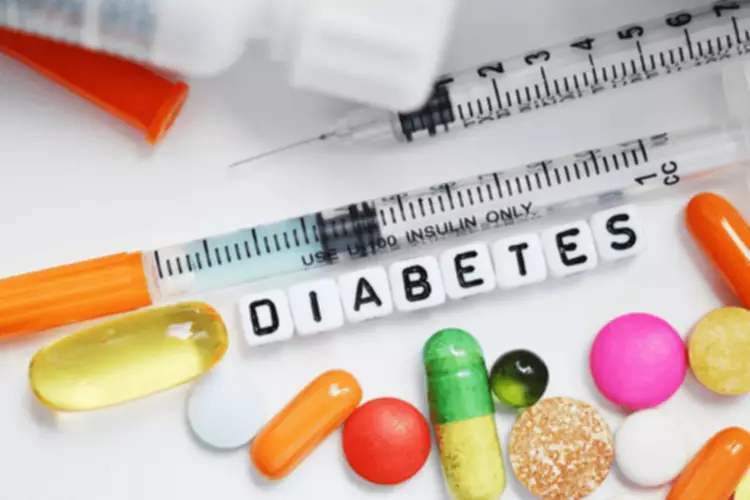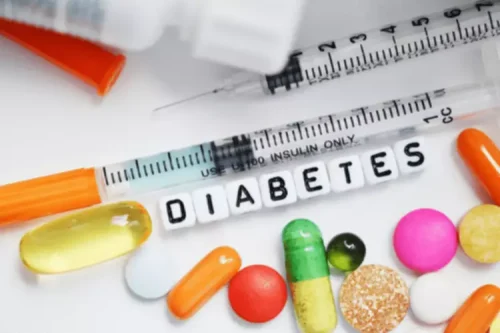
Understanding the effects of alcohol on dehydration and how it can impact your health is crucial to making informed decisions about your drinking habits. Alcohol consumption, especially when excessive, can lead to several long-term health complications. Chronic heavy drinking is notorious for damaging the liver, resulting in conditions such as inflammation and scarring, known as cirrhosis, which can be fatal if not managed.

Thiamine Deficiency in Alcoholics (Easily) Explained
ABV varies a lot, and therefore so does a drink’s potential for hydration. A 12-oz beer with 5 percent ABV is going to be far less dehydrating than the same size beer with 12 percent ABV, for instance. Choosing to drink responsibly and staying hydrated is crucial in mitigating the effects of alcohol dehydration and promoting good health in the long run. Some people may find that Halfway house drinking water or sports drinks can help to alleviate the symptoms of a hangover, while others may prefer to rest and allow their body to recover naturally. Consuming foods with high water content, such as fruits and vegetables, can help counteract the dehydrating effects of alcohol. Different types of alcohol have varying effects on the body’s hydration levels.
Health Conditions
One study with over 3200 participants found excessive alcohol consumption is linked to accelerated facial aging. The effects here include increased facial lines, eye puffiness, loss of facial volume, and broken blood vessels. If you’ve been drinking and are experiencing alcohol dehydration symptoms, you need to restore your body’s fluid balance. Here’s how to rehydrate properly and recover from alcohol dehydration. Dehydration can happen for many reasons, including alcohol consumption. Alcohol can cause increased urination, increased heart rate or body heat, vomiting, and other issues that can increase dehydration.
- Some can be tricky — like high-quality wines with a higher alcohol by volume than low-quality wines.
- Thanks to alcohol’s ability to trip up the pituitary gland, a person could lose more water through excessive urination than they would normally.
- Drinking too much water too quickly can cause electrolyte imbalances, so take small sips and drink slowly.
Benefits To Drinking Less Or Quitting Alcohol
One of the most common pieces of advice given during a night out is to drink plenty of water to avoid a headache the next day. However, in reality, water alone doesn’t play as significant a role in preventing hangovers as we’ve been led to believe. For a detailed explanation of how alcohol is metabolized, feel free to check out our blog https://ecosoberhouse.com/ here. In short, simply drinking more water and taking electrolytes are not sufficient to enhance the alcohol metabolism rate and eliminate hangover symptoms. This is because the body already contains water and will always process alcohol through its natural metabolic pathways.
- Besides water, there are some drinks that can also keep you hydrated or help you to rehydrate when needed.
- Drinking plenty of water before, during, and after alcohol consumption will help to replenish the fluids lost and reduce the severity of dehydration symptoms.
- So each glass of beer, wine, or spirits has about 10 grams of alcohol.
- To stay hydrated, a person needs to take steps before, during, and after alcohol consumption.
- Alcohol convinces the pituitary gland that ADH shouldn’t be introduced into the situation, despite the alcoholic drink itself being made up largely of water.
- But if you insist on having a drink or two, there are things you can do to mitigate the dehydrating effects of alcohol.
- Metabolism naturally slows as we age, which affects how our body processes alcohol.
- These can be added to water or juice for quick and lasting hydration (your cells will thank you!).
- Dehydration, a condition where the body loses more fluids than it absorbs, can severely disrupt normal physiological functions.
You can get that amount from 12 ounces of beer with 5% alcohol, 8 ounces of malt liquor with 7% alcohol, one shot (or 1.5 ounces) of hard liquor with 40% alcohol, or 5 ounces of wine with 12% alcohol. Drinking more than that—especially with an already damaged liver—can cause alcohol levels to build. “Essentially, when you’re dehydrated, you’ll feel alcohol’s effects sooner and for longer,” Pfau says. But prolific pee production isn’t the only way alcohol dehydrates you. Alcohol delays stomach emptying, which can cause vomiting, a sure way to become dehydrated 1.

Can alcohol trigger skin conditions?

If you’re looking for a hydrating beverage, alcohol won’t make the grade. Alcohol functions as a diuretic, meaning it makes you urinate more, leaving less fluid in your blood and potentially leading to dehydration. Drinking alcohol decreases the amount of vasopressin (an anti-diuretic hormone that helps the kidneys hold onto water) made in the body. As a result, you will lose water from your body after drinking alcohol. While the dehydrating effects of alcohol are mild, the effects are cumulative, meaning the more you drink, the more dehydrated you may become.

Other lifestyle factors, such as exercise, climate, and medication use, can also impact alcohol’s dehydrating effects. In fact, our locations offer a dedicated IV drip therapy for hangovers and their common symptoms. Our Hangover IV therapy starts with a Myer’s cocktail base, which includes a mixture of fluids, electrolytes, and other does red wine dehydrate you great stuff the body can always use. A cocktail with vodka and soda is less dehydrating than a shot of vodka.
